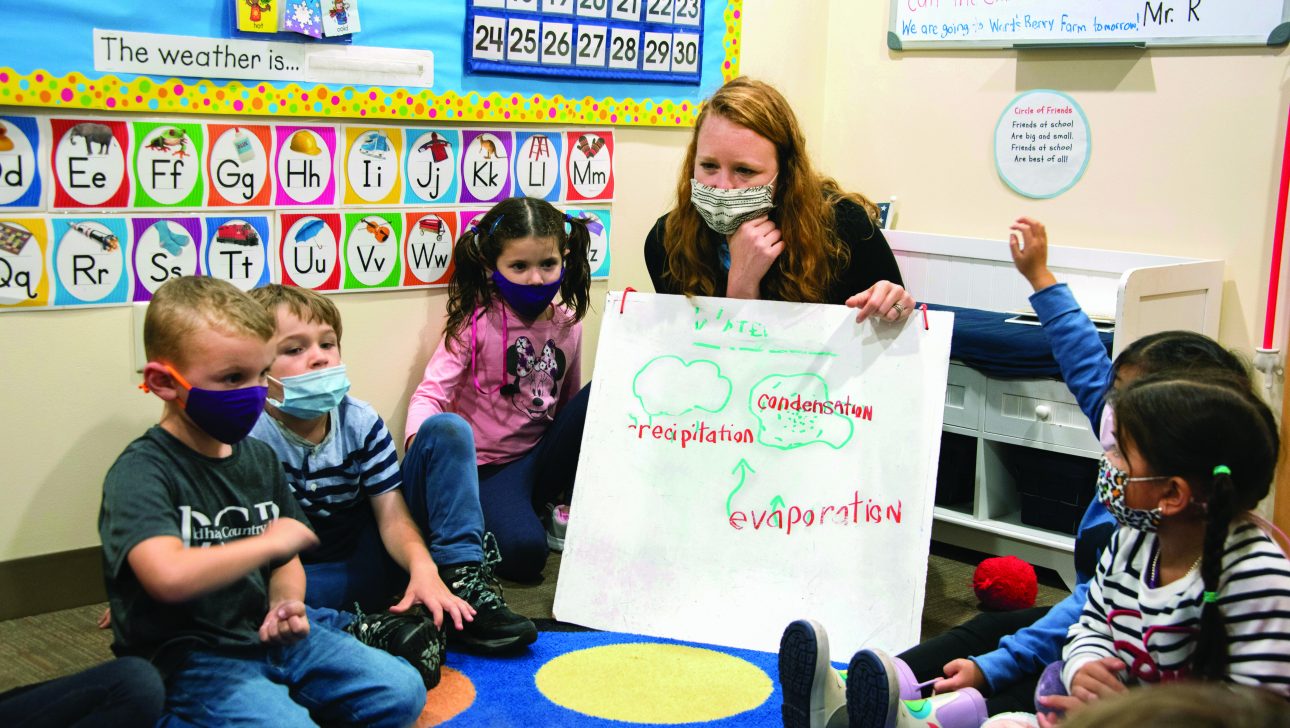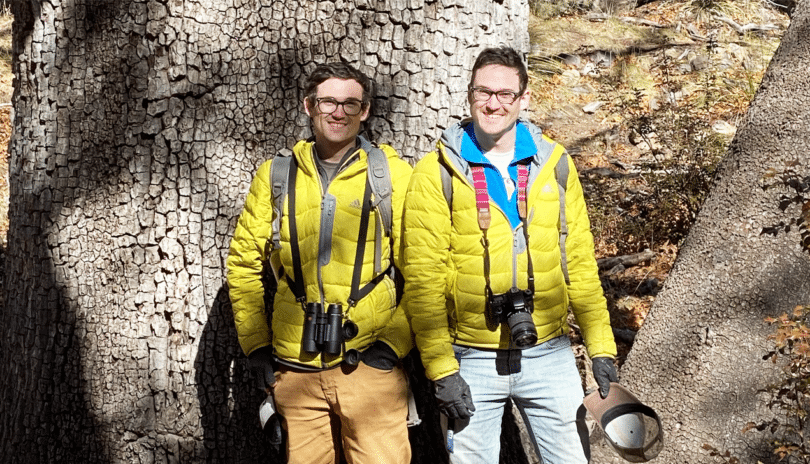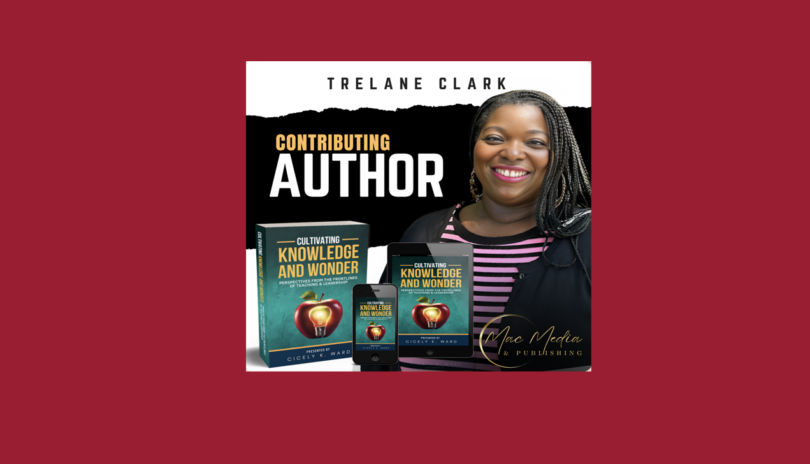With her graduate program, science teacher Kelli Kaelin can’t help but be living our motto! She is earning her Masters of Arts in Teaching with a focus in Conservation Biology from Miami University in Ohio. Kelli is really excited about the inquiry-based teaching focus of her program since not only is she learning how to structure an inquiry-based program for her students, but she is also doing it herself as she pursues her own graduate studies.
This was exemplified in the time she spent this past summer doing research and learning about what a community can do to make the world a better place. The setting was Belize where she was on the ground exploring community-based initiatives that encourage environmental stewardship. She learned that these programs tend to enjoy a great deal of success because local people have significant agency in the ownership of these conservation projects. Kelli got involved with a project that was a partnership between the Belize Zoo and a tropical education center trying to preserve the habitats of howler monkeys, tapirs, and jaguars. These animals have been prime candidates for poaching incidents, habitat loss, and/or vehicle strikes. This particular collaboration has created the Maya Forest Corridor which is, in essence, a protected “wildlife highway.”
She loves the QUEST method, an inquiry-based learning approach. “I am learning first-hand that there is so much we can do as teachers to make this method productive for our students,” explains Kelli. Just as she is guiding her own inquiry in her studies, Kelli is parlaying this into how she creates and plans lessons for her lower school science students at DCD. “I still need to be curriculum-driven, but by allowing my students to pick something within the scope of the curriculum and steer it in their own direction, they are emerging with a deeper understanding, which feels inherently more sticky. This makes for a more organic and exciting learning experience for all of us.” Kelli’s students are learning “how to learn” and how to discover things; building confidence as independent learners who can draw conclusions on their own without having to rely on the teacher for the answer. “They learn to take ownership, and when they see each other doing science, they learn that kids can be scientists too, and it’s not just adults in white lab coats!” says Kelli. She acknowledges that sometimes this is easier said than done and that the children do get distracted, but it’s her job to help them stay on track.
This is Kelli’s second year at DCD and she is very excited to be working with lower school students. With her own focus on environmental science, DCD’s campus provides bountiful opportunities for outdoor learning particularly with fifth grade’s focus on ecology. There is a lot of synergy between Kelli’s learning approach as a graduate student and the learning process she is working to instill in her students in her science classrooms. Learning is certainly a way of life for Kelli!







